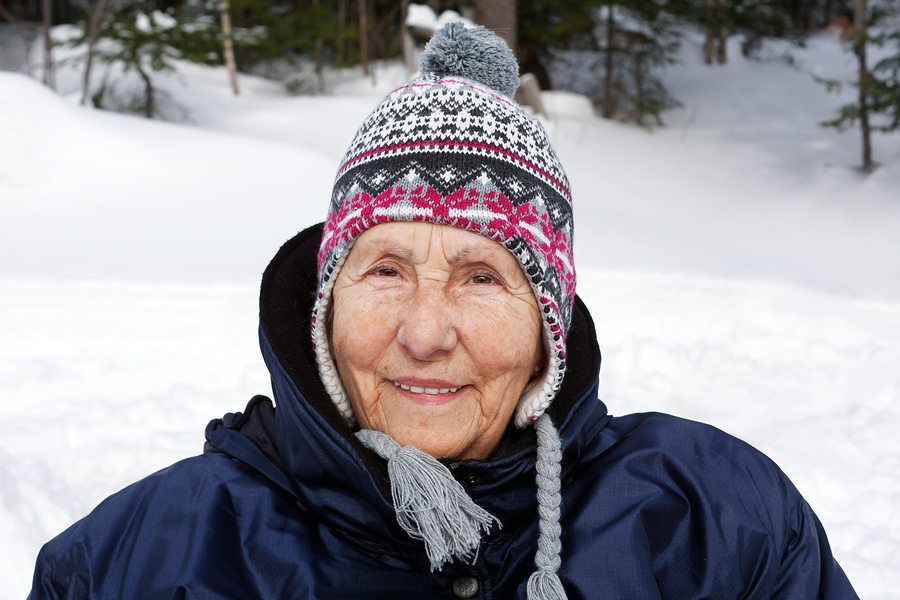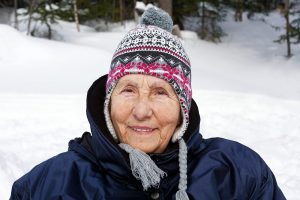
Hypothermia and the Elderly – What you Need to Know
Elderly Care in Millstone NJ
Winter weather can be hard on elderly adults, especially in very cold climates. In geographical locations where the temperatures tend to dip below freezing in the winter, the elderly are at high  risk for getting hypothermia if they don’t take the proper precautions. Hypothermia is a serious medical condition that can be fatal if not treated quickly and properly. For this reason, caregivers must help elderly adults under their care take the steps to prevent hypothermia and know when to get help. Here is a basic overview of hypothermia and what can be done if an elderly adult is suspected to have it.
risk for getting hypothermia if they don’t take the proper precautions. Hypothermia is a serious medical condition that can be fatal if not treated quickly and properly. For this reason, caregivers must help elderly adults under their care take the steps to prevent hypothermia and know when to get help. Here is a basic overview of hypothermia and what can be done if an elderly adult is suspected to have it.
Hypothermia Causes:
Elderly adults can develop hypothermia if they are exposed to cold temperatures for too long. A person is considered to have hypothermia when their core body temperature falls below 95 degrees. This can happen outdoors or even indoors if the home is not properly heated. People with diabetes, thyroid conditions, and who are on certain medication can be at an even higher risk for hypothermia.
Hypothermia Symptoms:
Hypothermia can cause many unpleasant symptoms in elderly adults including confusion, drowsiness, slurred speech, a weak pulse, slow, shallow breathing, and even unconsciousness. If these symptoms appear in an elderly adult, it is important that they be taken to the emergency room immediately as hypothermia can be fatal if left untreated.
Hypothermia Treatment:
A person suspected of having hypothermia should be moved to a warm environment as soon as possible. If a person suspected of having hypothermia is unconscious, it should be treated as an emergency. Caregivers should call 911 and begin CPR. When an elderly adult is brought to the hospital with hypothermia, the hospital staff may give the patient warmed IV fluids and oxygen.
Hypothermia Prevention:
No elderly adult should have to suffer from hypothermia. Caregivers should be vigilant about keeping the elderly adults under their care warm and protected during the winter months. When temperatures are below freezing and there is a very low wind chill, elderly adults should stay indoors. If they must go out, they should dress in layers, wear hats and gloves, and limit their time outside. It is possible for elderly adults to get hypothermia even while they’re indoors if the home is not properly heated. Caregivers should make sure the heat is regulated in the home and stays at a warm and comfortable temperature. If any elderly adult is worried about being able to afford adequate home heating, there are government programs available that can provide assistance for home heating.
If you or an aging loved one are considering hiring elderly care services in Millstone, NJ or the surrounding areas, please call Independence Home Care today at 609-208-1111 for more information.
Source: http://www.webmd.com/a-to-z-guides/what-is-hypothermia

